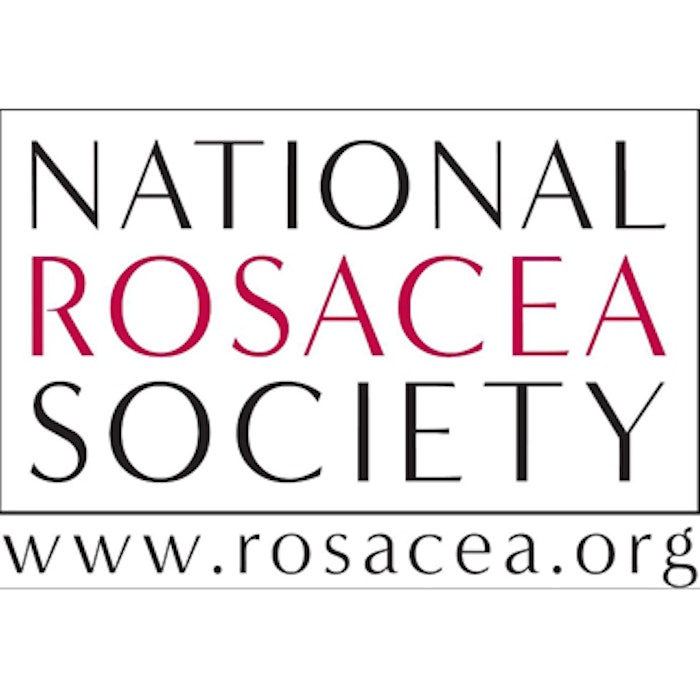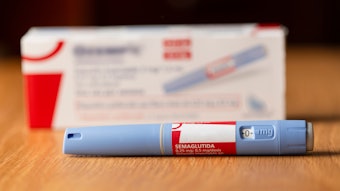
Three researchers have been awarded grants of $25,000 each by the National Rosacea Society (NRS) as part of the organization’s research grants program. The program supports research that may increase the medical community’s knowledge and understanding of the causes of rosacea in order to improve care and prevention and find a potential cure for the common skin disease.
The grant recipients are:
Benjamin Kaffenberger, MD, assistant professor of dermatology at the Ohio State University, and colleagues, who are developing a computer program for a rosacea scoring system that will identify and count rosacea lesions and measure redness to provide reliably reproducible scores for physicians and patients. Their goal is to create an open-source, freely available software program to be used by scientific investigators, clinicians and patients to speed diagnosis and assessment, and to help make research easier and more consistent.
Raja Sivamani, MD, associate professor of clinical dermatology at the University of California-Davis, and colleagues will study how the skin and eyelid lipids are altered in individuals with cutaneous and ocular rosacea, and whether any deficiencies lead to the papules and pustules of rosacea as well as the eye dryness and irritation of ocular rosacea. They will also study how medications might alter the lipid profile to restore both the skin barrier and tear film stability.
Hester Lim, MD, a postdoctoral research fellow in dermatology at Johns Hopkins University School of Medicine, and colleagues are performing a retrospective study of the association of rosacea with gastrointestinal (GI) disease over a five-year period, as well as the possible impact of medications in the relationship between rosacea and GI disease, including malabsorption, celiac disease, irritable bowel syndrome, Helicobacter pylori infection and others. The cases studied will include all individuals with a diagnosis of rosacea in the Johns Hopkins electronic medical record database since 2011.
The NRS also continues to fund three studies launched 2017: Anna Di Nardo, MD, associate professor of dermatology at the University of California-San Diego, and colleagues, are continuing their investigation of cathelicidin antimicrobial peptides and the nervous system; Luis Garza, MD, associate professor of dermatology at Johns Hopkins University, is studying the DNA of rosacea; and Wenqing Li, MD, assistant professor of dermatology at Brown University, is investigating how hormone use and hormone levels associated with menopause and pregnancy may affect the risk of developing rosacea.
Researchers interested in applying for 2018 grants may obtain forms and instructions through the “research grants section of the NRS website ” or by contacting the NRS at 888.662.5874, [email protected]. The deadline for submitting proposals is June 15, 2018.











